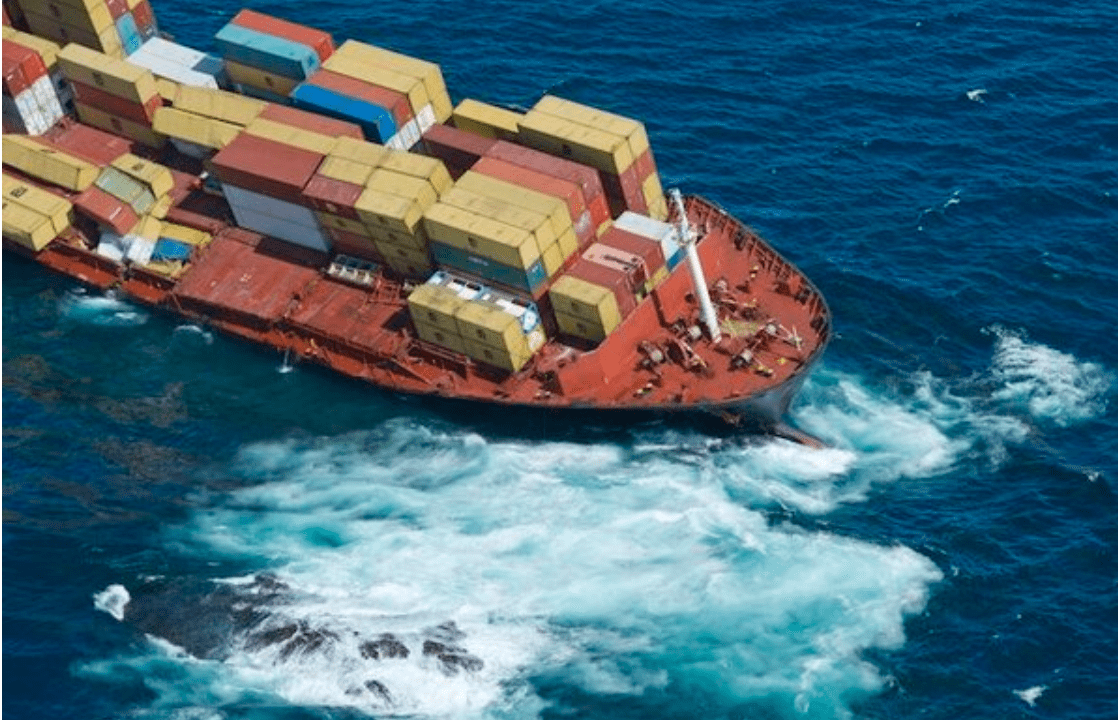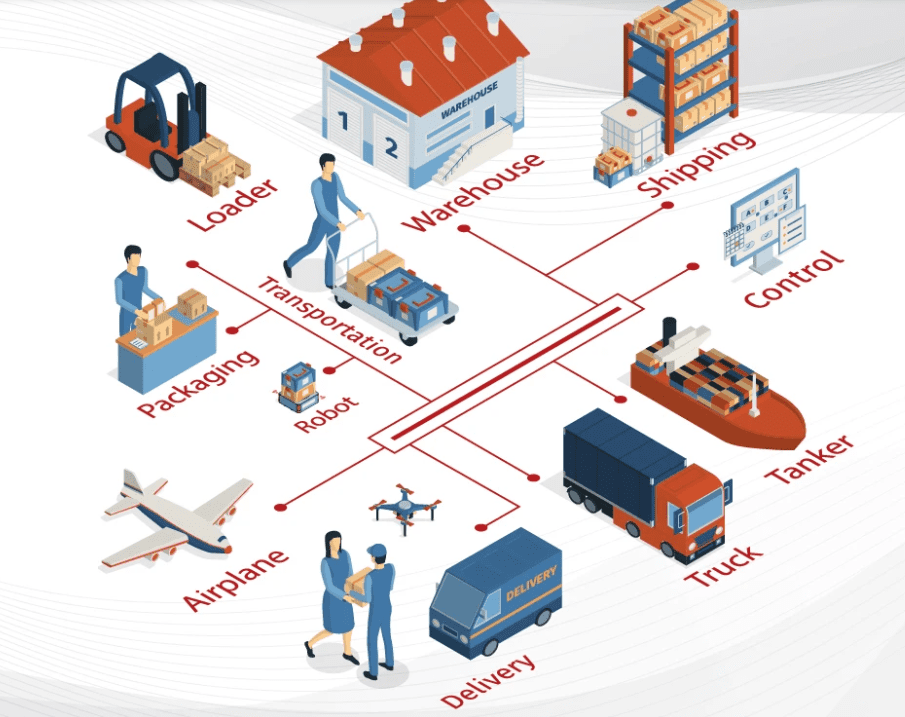Firstly, let us understand what Transportation Management is.
In earlier times, countries used to trade spices and other valuable commodities via Water, Roads and later by Air also. This technology is not a new concept, but an age-old practice to make different types of utilities available irrespective of the geographical locations.
This is exactly what SAP TM is!!!
Now, with SAP, the systems are more intelligent, with fewer manual steps, more traceability, and better business expansion possibilities, therefore making supply equivalent to or proportional to the demand.
Also, remotely, the application is available to add more features to the logistics lifecycle as a whole.
From automobiles to precious gems, from food items to animals, from north to south, and across latitude and longitude, businesses have crossed gross profits using the SAP TM solution, and of course, it gives the benefit of changing the logistics solutions as per each business requirement.
Let us have a deeper look at why TM is needed in each process where there is a prospective taker and a buyer and goods must be moved from one place to another.
Transportation management plays a crucial role in supply chain management for several reasons:
1. Cost Efficiency in SAP TM
Efficient transportation management helps minimize transportation costs by optimizing routes, modes of transportation, and load consolidation. This cost savings contributes directly to the overall profitability of the supply chain.
2. Customer Service
Timely and reliable transportation ensures that products reach customers when and where they are needed. This leads to higher customer satisfaction and retention, which are essential for maintaining a competitive edge in the market.
3. Inventory Management
Transportation management influences inventory levels by determining how quickly goods can be moved from suppliers to warehouses and from warehouses to customers. By reducing lead times, transportation management enables leaner inventory levels, thereby lowering inventory holding costs.
4. Risk Management
Effective transportation management helps mitigate risks associated with transportation, such as delays, damages, theft, or disruptions due to unforeseen events. By having contingency plans and efficient routing strategies, supply chains can minimize the impact of such risks.
5. Visibility and Tracking
Transportation management systems provide real-time visibility into the movement of goods throughout the supply chain. This visibility enables better tracking of shipments, which enhances transparency and allows for proactive management of exceptions or delays.
6. Global Supply Chains
In today’s globalized economy, transportation management becomes even more critical for managing complex supply chains involving multiple countries and modes of transportation. Efficient coordination and optimization of international shipments are essential for minimizing lead times and ensuring compliance with international regulations.
7. Environmental Sustainability
Transportation management can also contribute to sustainability efforts by optimizing routes to reduce fuel consumption and emissions, promoting the use of eco-friendly transportation modes, and implementing practices such as multi-modal transportation or consolidation to minimize the carbon footprint of transportation activities.
8. Regulatory Compliance
Transportation management ensures compliance with various regulations governing transportation, such as safety regulations, customs requirements, and transportation-related tariffs or taxes. Non-compliance can lead to fines, delays, or even legal issues, emphasizing the importance of effective transportation management practices.

The above is not about sea pirates 😉 but about the cutting-edge solutions, TM offers irrespective of ocean voyages, air schedules, Air Schedules, or Rail and road orders.

Overall, transportation management plays a critical role in supply chain management by ensuring the efficient and reliable movement of goods from suppliers to customers while balancing cost, service, and regulatory requirements. Effective transportation management contributes to improved customer satisfaction, reduced inventory costs, enhanced operational efficiency, and competitive advantage in the marketplace.
So, now, can you imagine your business without TM? I am sure the answer would be ‘NO’.
